You know that moment when you're about to do something entirely new, and you're pretty sure you have no clue what you're doing? That was me nine years ago when we were opening our first restaurant, staring at a pile of applications, about to hire our first team members. No HR team, no fancy hiring software—just me, myself, and a gut feeling. I thought, "Well if I find someone with a smile and a good attitude, we can figure out the rest together." Spoiler alert: it wasn't the worst idea I've ever had.
Those first hires came with something other than gold-plated resumes or decades of experience. But they brought enthusiasm, a willingness to learn, and a positivity that was exactly what we needed. We navigated those early days with a fair share of trial and error, but we made it work and were able to grow at a steady pace.
Fast forward to today. We've grown, we've learned, and yes, our hiring process is a bit more polished now. We've got these things called "Core Values" plastered on the wall, job descriptions, employee handbooks, you name it. But at the heart of it, we're still all about finding people who fit our culture. If there's one thing we've learned, it's that hiring for culture and fit beats hiring someone with a killer skill set but zero team spirit every time.
Why Culture Fit Trumps Skills (And Keeps You Sane)
Skills Can Be Taught, But You Can't Fix Grumpy
You can train someone to use the latest software or master a sales pitch. But teaching someone to have a good attitude? That's like trying to teach a cat to do your taxes. We've found it's better to start with a positive person who is aligned with your values and build from there.
A Good Fit Means Better Teamwork
When everyone vibes together, magic happens. Projects run smoother, meetings end quicker, and the office feels less like a scene from "The Office" and more like a place you want to be. It's incredible what a group of like-minded people can accomplish when they're all rowing in the same direction towards a common goal.
Lower Turnover Saves Time and Aspirin
Hiring people who mesh with your culture makes them more likely to stick around. That means less time interviewing replacements and more time focusing on the important stuff.
Happy Employees = Happy Customers
Our customers aren't just buying a product or service; they're interacting with our team. When our employees are engaged and happy, it shows. We've gone from getting reviews like "Pretty good food and service" to "We genuinely look forward to coming to !"
Practical Tips for Hiring with Heart (and Humor)
- Define Those Core Values: Grab a coffee (or something stronger) and think about what really matters to your company. Write it down. Really engrain those values into your company culture so that you hire, fire, review, reward, and recognize those core values.
- Ask the Right Questions: Move beyond the typical "What's your greatest weakness?" and instead ask more thoughtful questions like, "Can you share an experience where you had to work through a challenging situation with a coworker?" Their answer can reveal a lot about their problem-solving and interpersonal skills.
- Team Introductions: Allow your team to meet the candidate. Like introducing a new friend to your group, observing their interactions can offer valuable insights. If the team feels comfortable and positive about the candidate, it's a good indication they're a good cultural fit.
- Trust Your Gut (But Not Too Much): If something feels off, it probably is. Unless you're just hungry—in which case, grab a snack and then reassess.
- Don't Settle: If they're not the right fit, it's okay to keep looking. Remember, you can't return a new hire like an ill-fitting sweater.
Looking back, hiring those first employees based on a smile and a good attitude was one of the best decisions I've ever made. It taught me that while skills are important, they can be taught. A great attitude and a cultural fit? That's the secret sauce.
So next time you're staring at a stack of applications wondering who to hire, consider this: You can train someone to do almost anything, but you can't train them to care. And in the long run, it's the people who care—who bring positivity and teamwork to the table—that will help your company thrive.

